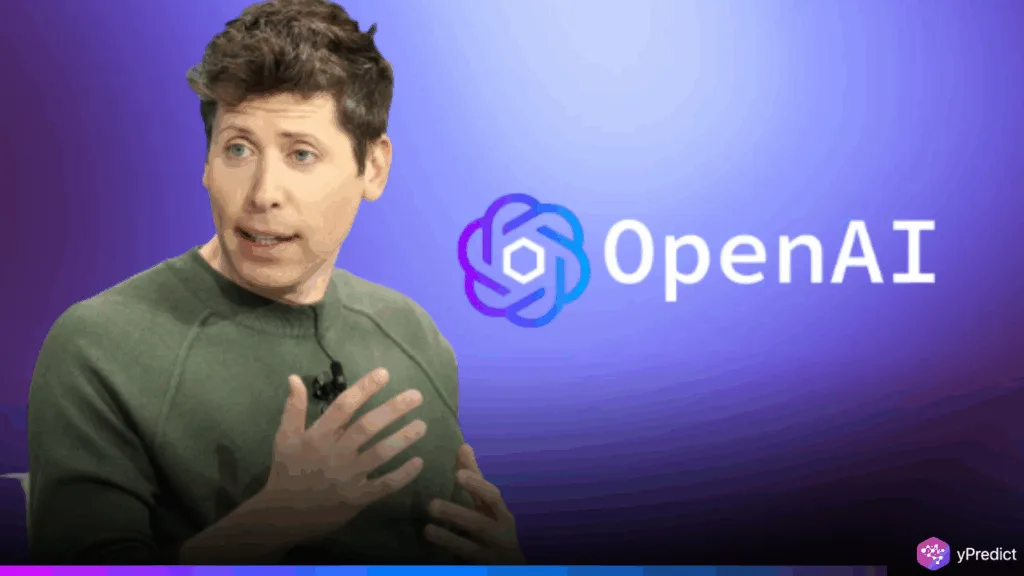
Humanity has entered the superintelligence era, according to OpenAI CEO Sam Altman. Additionally, he thinks AI systems are developing more quickly than most people anticipated. “We are past the event horizon,” Altman said, stressing that this isn’t some far-off vision. According to Altman, ChatGPT and other similar tools already significantly outsmart the average person.
By 2026, AI agents will be able to perform real cognitive tasks, and by 2027, real-world robots will be able to do the same. A subtle but significant change is taking place despite the absence of obvious symptoms. Altman now cautions that society needs to adjust to these changes as soon as possible before it’s too late.
Are We Already Living in the Superintelligence Era?
According to Altman, the era of superintelligence is already here and not just coming. According to him, advanced systems are surpassing people in a variety of cognitive tasks, such as writing code, creating content, and making decisions. Machines are already assisting in the creation of better versions of themselves behind tech doors. Therefore, this unnoticed cycle of advancement is pushing boundaries at a rate that is difficult to monitor in public.
Altman states that systems like ChatGPT are used daily by millions. He thinks that the power of these tools has surpassed that of any human in history. However, the transformation is invisible unless there are noticeable changes in daily life. That doesn’t make it any less real or risky.
How Does AI Research Accelerate Itself?
According to Altman, current AI can expedite further research. This creates a “larval version of recursive self-improvement,” where AI helps build even smarter AI. A feedback loop like that could make months of research seem like days. Additionally, by 2026, he projects that “agents” will be capable of performing actual cognitive tasks like reasoning and invention.
He envisions systems that will find new facts in addition to repeating existing ones. AI’s future involves more than just writing code; it involves altering the way the world functions. According to Altman, this could result in amazing discoveries, such as the solution to complex physics puzzles or the start of space colonization. An expanding digital brain that connects data, cognition, and international infrastructure.
How Will Society Handle the AI Disruption?
As AI systems become smarter, society must adapt. Altman admits this change will disrupt economies. Many jobs could disappear before new ones are created. However, he adds that governments may be able to test out bold policy ideas as a result of the increased wealth brought about by AI advancements.
Despite his optimism, Altman highlights the core challenge that is AI safety. Therefore, bringing AI into line with human values is not only difficult but possibly impossible. It is difficult to define shared values when there are disparate cultures and objectives. Altman says it’s crucial to avoid another social media-style disaster.
Can We Keep Up with AI Evolution?
Altman claims that the next chapter in history is already being written by data centers. AI systems come with an increasing number of risks and benefits. Additionally, he urges international discussion, stricter AI safety regulations, and greater comprehension of this rapidly evolving field. The outcome could be either chaos or change if these systems change more quickly than society can adapt. Thus, the CEO of OpenAI hopes that this transition will bring about smooth, exponential, and peaceful global movement.






